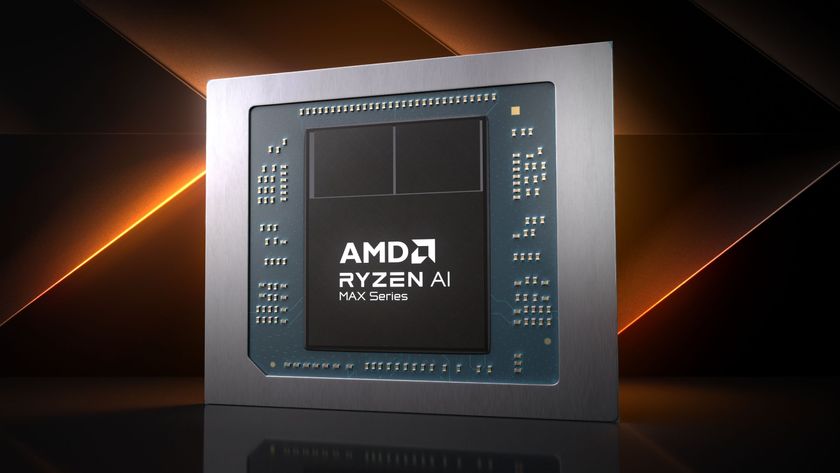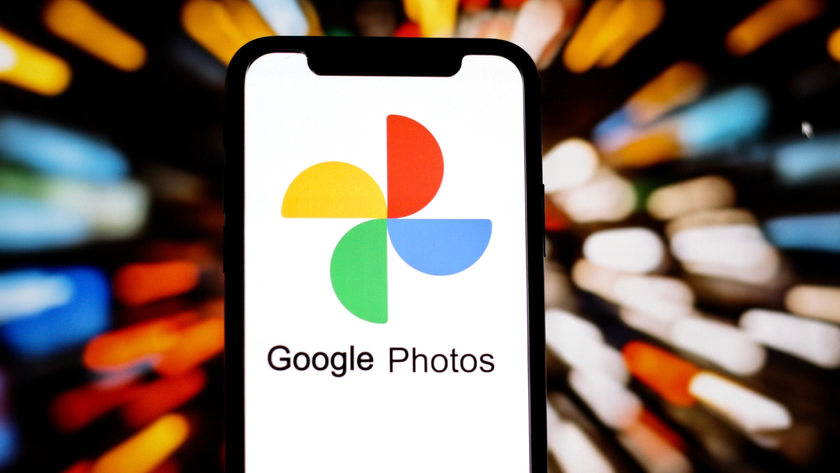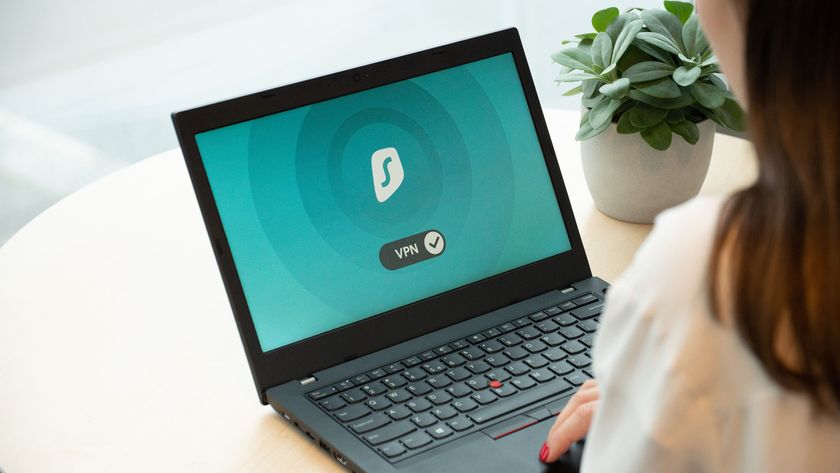8 bits of everyday tech we won't use in a decade
What will be the VCR or Discman of tomorrow?
5. Standard game controllers
The Xbox 360 controller you use today will morph into something more radical, a combination of the Nintendo Wiimote with accelerometer sensors, video systems that scan your body movements (ala Microsoft's Project Natal), and various hardware add-ons such as Guitar Hero controllers and nunchucks.
Gaming will change from a singular activity with one controller to group gaming where the console senses who is in the room and lets them control more fluid interfaces.
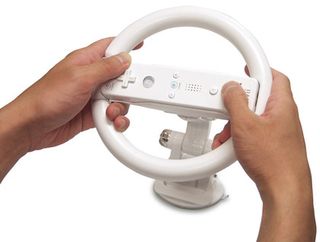
6. Desktop PCs
All hail the mighty desktop! Your reign is coming to an end. OK, for engineers, developers, video production artists, and gamers, maybe not. For most computer users, the desktop already is dead, according to IDC reports showing that desktop sales have stagnated and netbooks and notebook sales are rising fast.
The reason: Intel and AMD processors and graphics chipsets in notebooks can now compete with desktop equivalents. And, portability is no longer just a market segment – every computer user has realised the benefits.
Gartenberg claims even the notebook has a precarious love affair and will be replaced by an as-yet-unknown information appliance, some kind of morph between a netbook, booklet, smartphone, and notebook.
Get daily insight, inspiration and deals in your inbox
Sign up for breaking news, reviews, opinion, top tech deals, and more.
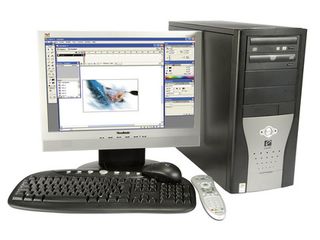
7. Operating systems
For the hardcore computer science gurus, yes – an OS must always exist to manage memory and core functions. Yet, the bloatware of today will be replaced by an extremely thin OS that maybe doesn't have a name, and certainly is not run by a commercial entity.
Instead, computing will be pervasive, says Peddie, and hard to pin down to just one OS running on an LCD screen. "OSes will vanish and we'll have a monolithic browser that manages everything," he says. "We talk to it, it sees us and recognises our moods, clothes, and those around us to deliver the appropriate information."

8. Blogging
One reason blogging, and micro-blogging on Twitter, has become so popular has to do with the one-way nature of web communications. We post our thoughts, people read them.
In ten years, the web will become much more interactive, as proven by services such as Qik.com (where you can stream live photos and video) and Google Wave, which allows you to see what someone is typing. Also, crowd-sourcing will replace the pundits (ahem) and lead to better overall information sharing.

- 1
- 2
Current page: Goodbye to desktop PCs and operating systems
Prev Page An end to keyboards, landlines, optical discsJohn Brandon has covered gadgets and cars for the past 12 years having published over 12,000 articles and tested nearly 8,000 products. He's nothing if not prolific. Before starting his writing career, he led an Information Design practice at a large consumer electronics retailer in the US. His hobbies include deep sea exploration, complaining about the weather, and engineering a vast multiverse conspiracy.






